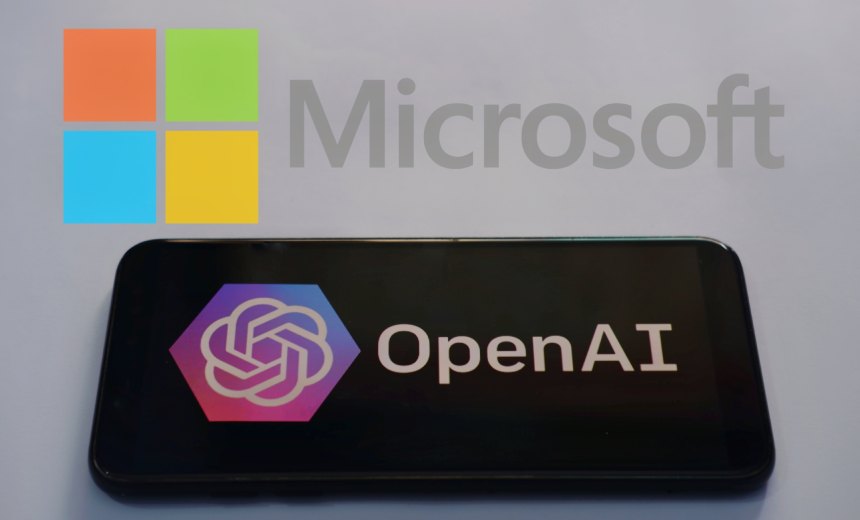Artificial Intelligence & Machine Learning
,
Next-Generation Technologies & Secure Development
Commission Says Close Company Connections Make Conditions Ripe for Merger Inquiry

The European Commission took preliminary steps toward investigating Microsoft’s financial interest in ChatGPT maker OpenAI under the trading bloc’s antitrust regulation.
See Also: Entering the Era of Generative AI-Enabled Security
The commission on Tuesday as part of a larger request for comment on the state of competition in virtual worlds and on generative artificial intelligence said it “is checking whether Microsoft’s investment in OpenAI might be reviewable under the EU Merger Regulation.”
The announcement marks the second instance of official interest in Microsoft’s investments into the generative AI model maker. The British government in December announced a similar inquiry just after Microsoft had received a nonvoting seat on the OpenAI board in the settlement that led to co-founder Sam Altman’s reinstatement as CEO following his brief ouster in November (see: UK Market Regulator Reviews Microsoft’s Interest in OpenAI).
Microsoft has so far invested $13 billion in San-Francisco-based OpenAI in three phases that began in 2019. The deal has resulted in Microsoft incorporating OpenAI’s models across its products, including its Bing search engine and Office suite of programs. Microsoft Azure is the sole cloud service provider of OpenAI.
U.S. competition authorities have also begun a preliminary examination into the ties between the two companies, Bloomberg reported in December, citing a person familiar with the matter.
A Microsoft spokesperson on Wednesday said it is present on the OpenAI board just as an observer. The companies’ partnership is focused on “AI innovation and competition while preserving independence for both companies,” the spokesperson added. OpenAI did not immediately respond to a request for comment.
As part of its larger interest in competition in the AI industry, the European Commission said it wants additional information about barriers to entry, drivers of competition and whether vertically integrated companies that provide multiple components necessary to build generative AI have an advantage compared to other companies. It also asked whether the emergence of generative AI will “trigger the need to adapt EU legal antitrust concepts.”
The EU’s latest measure on AI competition comes following its finalization of the Artificial Intelligence Act, which aims to promote the safe use of high-risk AI systems.
